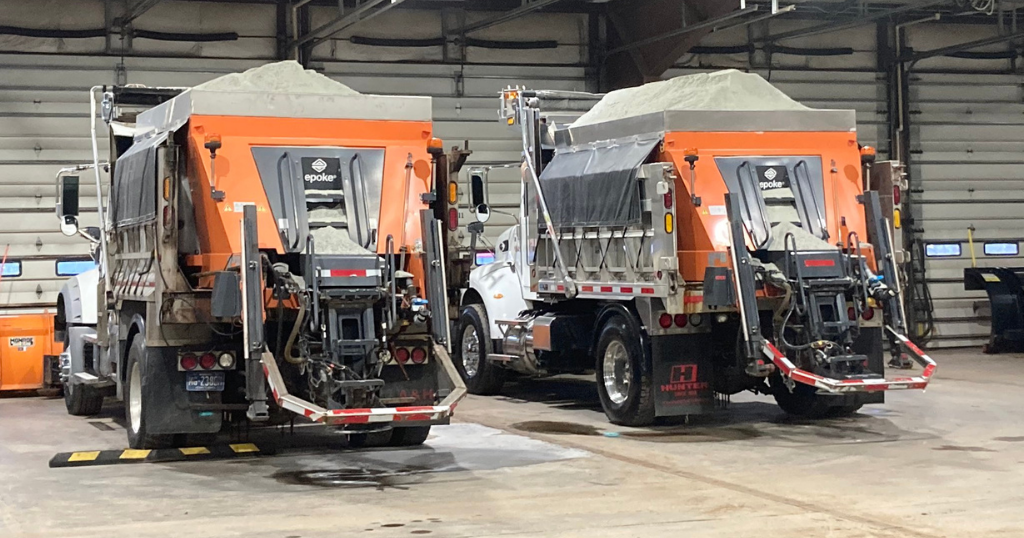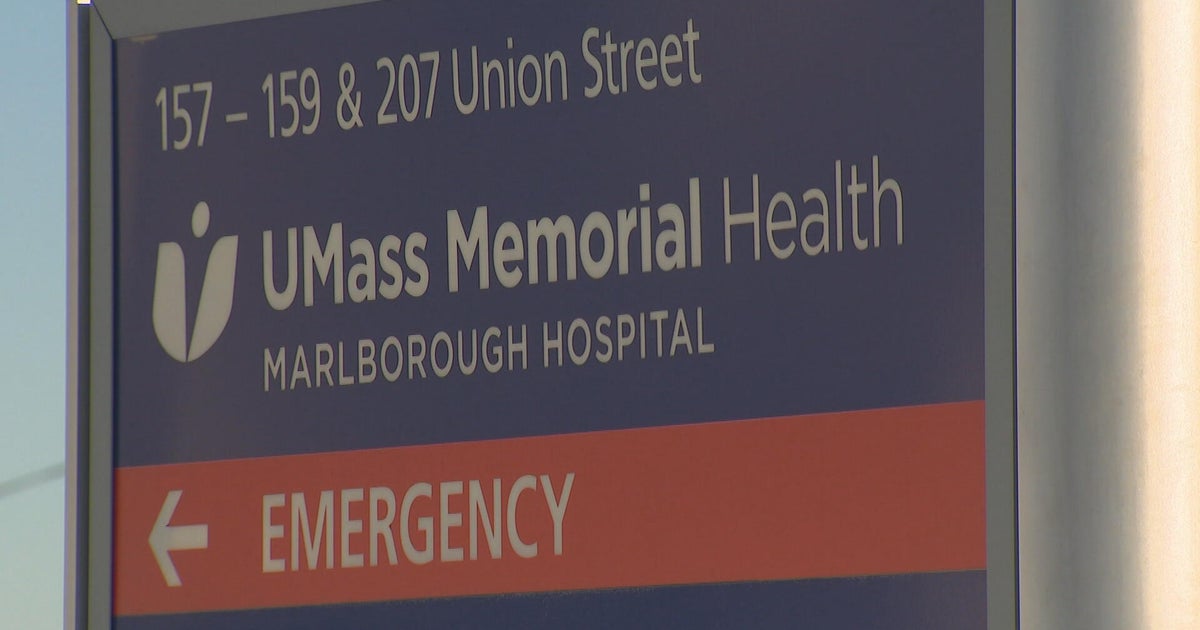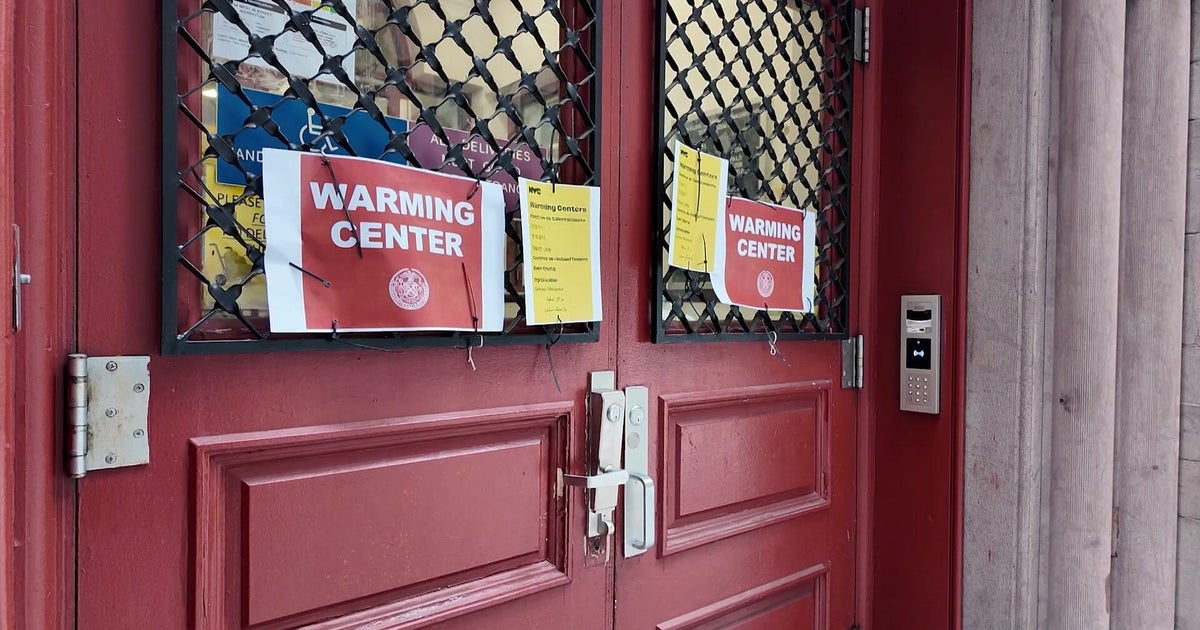Flu Season Could Pose 'Twindemic' For 2020, Doctors Say
PITTSBURGH (KDKA) -- There's a new term you could be hearing more this fall: twindemic.
"There is a concern that as flu season approaches that we could potentially be dealing with both COVID-19 as well as the flu," says Dr. Marc Itskowitz, a primary care internist at the Allegheny Health Network, "It would challenge the capacity of our health care system to handle a surge of both flu patients as well as COVID patients."
It's hard to predict how flu season will be.
It could be better than usual, "because of people limiting their exposures to others, the use of masks, limiting large gatherings," says Dr. Itskowitz.
It could be the same, or worse, than usual.
"If [the dominant flu strains] would mutate away from the vaccine, we could still be in for a rough flu season," he says.
The flu, though, may not spread like coronavirus has. "With the flu, most patients become symptomatic relatively early. They're usually home in bed. There's less likely asymptomatic transmission."
It is possible to be infected with both viruses at the same time. "That's a serious situation, because both viruses attack the lungs," says Dr. Itskowitz, "The symptoms of COVID and the flu overlap, and I think it would create a lot of dilemmas in terms of who should be tested, which viruses should be tested, and of course, we know our current testing ability is limited."
At least with a flu shot, you can protect yourself against influenza.
"We readily acknowledge the flu vaccine does not give 100% protection. But even in those patients that get the flu, their likelihood for a serious case, a case that requires hospitalization, is much less," Dr. Itskowitz says, "If people don't go ahead and make the effort to receive it, we won't protect enough of the population to prevent a surge of the flu."
Because people are trying to avoid any illness right now, doctors and pharmacies are expecting higher demand, and vaccine makers are increasing production, some up to 15%.
"It would be a good problem to have higher demand. Typically only 40% of the American population gets the flu vaccine each year," says Dr. Itskowitz. "We have not heard of any manufacturing problems, any delays, so we do expect there should be sufficient supply."
This year's vaccine is just becoming available. The best time to get it? September or October. The flu typically arrives in late November, early December.







